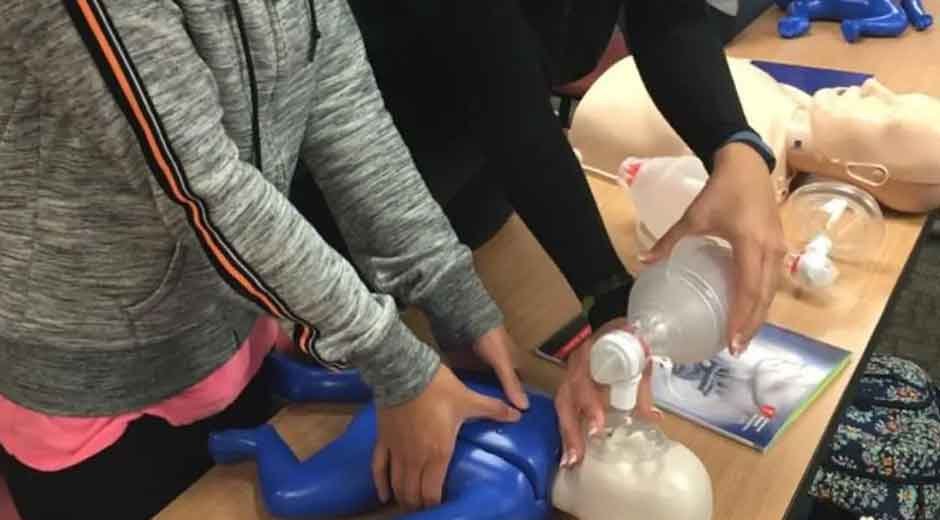Situations that require emergency cardiopulmonary resuscitation (CPR) can include cardiac arrest and drowning. If you work with children, making quick and informed decisions helps you intervene until professional assistance arrives. Getting an up-to-date CPR certification enables you to provide a safe environment for children who are unable to manage emergencies on their own. Here are a few reasons why CPR training and certification are key for childcare providers:
Learn Life-Saving Skills
CPR is a life-saving skill designed to help keep blood circulating when the heart stops; it provides valuable seconds or minutes before emergency medical teams arrive. Cutting off the oxygen supply to the brain and other organs may lead to permanent damage or death. CPR certification provides proof that you’ve been trained in the life-saving skills required to resuscitate a failing heart.
As a childcare provider, you can get certified using various CPR courses, including basic life support (BLS). This class provides training in CPR, the use of automated external defibrillator (AED) equipment, and techniques for relieving choking. It teaches you how to recognize the signs of someone who needs assistance, such as a child who is unresponsive or not breathing normally. You’ll also learn how to perform CPR alone or alongside another person. The course applies to emergencies involving a range of individuals, from infants to adults, and it’s suitable for the general public to complete.
Enhance Emergency Preparedness
Childcare providers sometimes work with children who are curious and active. This combination may increase the risk of a child choking, falling, or injuring themselves. These accidents can lead to medical emergencies, including breathing difficulties. Severe allergic reactions also occur unexpectedly, creating situations that require prompt CPR.
CPR training prepares you for such situations, allowing you to stay calm and respond effectively. During training, you’ll simulate real-life situations and learn how to recognize and respond to emergencies using proven techniques. Training builds familiarity and efficiency, helping you act decisively under pressure to protect a child’s life.
Heartsaver courses cover basic CPR, first aid, and AED use; these classes are ideal for childcare providers. Pediatric-specific first aid and CPR focus on the unique needs of infants and children. You also have the option to take bloodborne pathogens training, which teaches OSHA-approved safety policies and procedures. This course helps you learn how to avoid exposure to bloodborne pathogens, and it discusses procedures to follow if you’re exposed to infectious materials.
Comply With Regulations
Whether you’re a daycare owner, manager, or staff member, CPR training may be part of the licensing standard. Meeting legal obligations allows you to work as a childcare provider while demonstrating a commitment to safety. Business owners may arrange group or corporate classes to train employees in CPR or first aid. These classes are taught by AHA-authorized instructors. If you’re a private babysitter, you may choose in-home classes designed to prepare you for different emergencies, including drowning.
Group courses and in-home classes don’t always provide official certification, so check with a CPR course provider before enrolling. To earn certification, take one of the complete CPR courses, such as BLS or Heartsaver. Some courses are available online, and they can take anywhere from several hours to a full day to finish.
Enroll in a CPR Certification Course
CPR is a valuable skill that benefits many individuals, including parents, caregivers, and community members. It prepares you to provide life-saving support in personal and professional settings, whether at work or in the park. The course you choose depends on your role, the age groups you care for, and the level of certification required. They range from basic CPR and AED training to advanced life support designed for healthcare providers. Learn more about the different CPR certification courses today.






